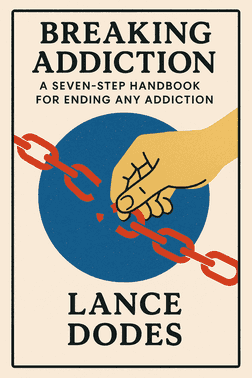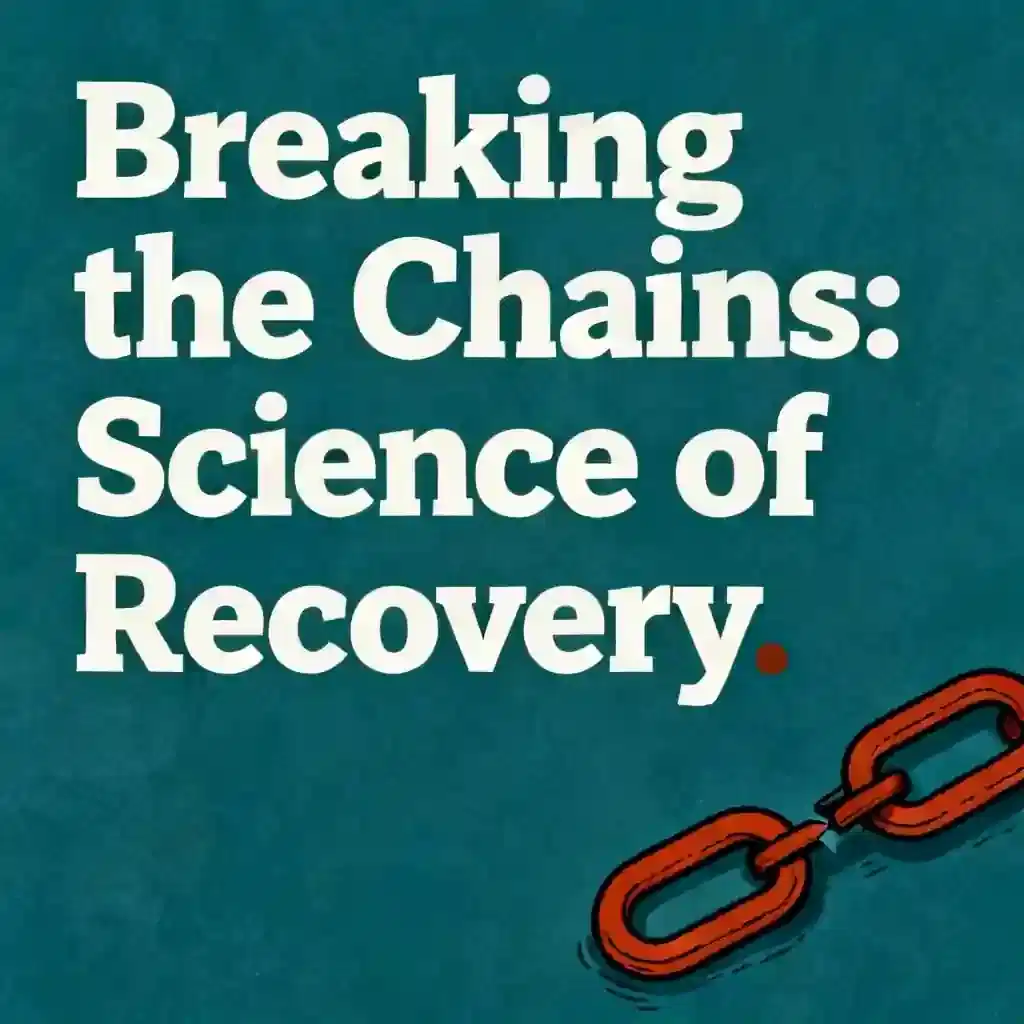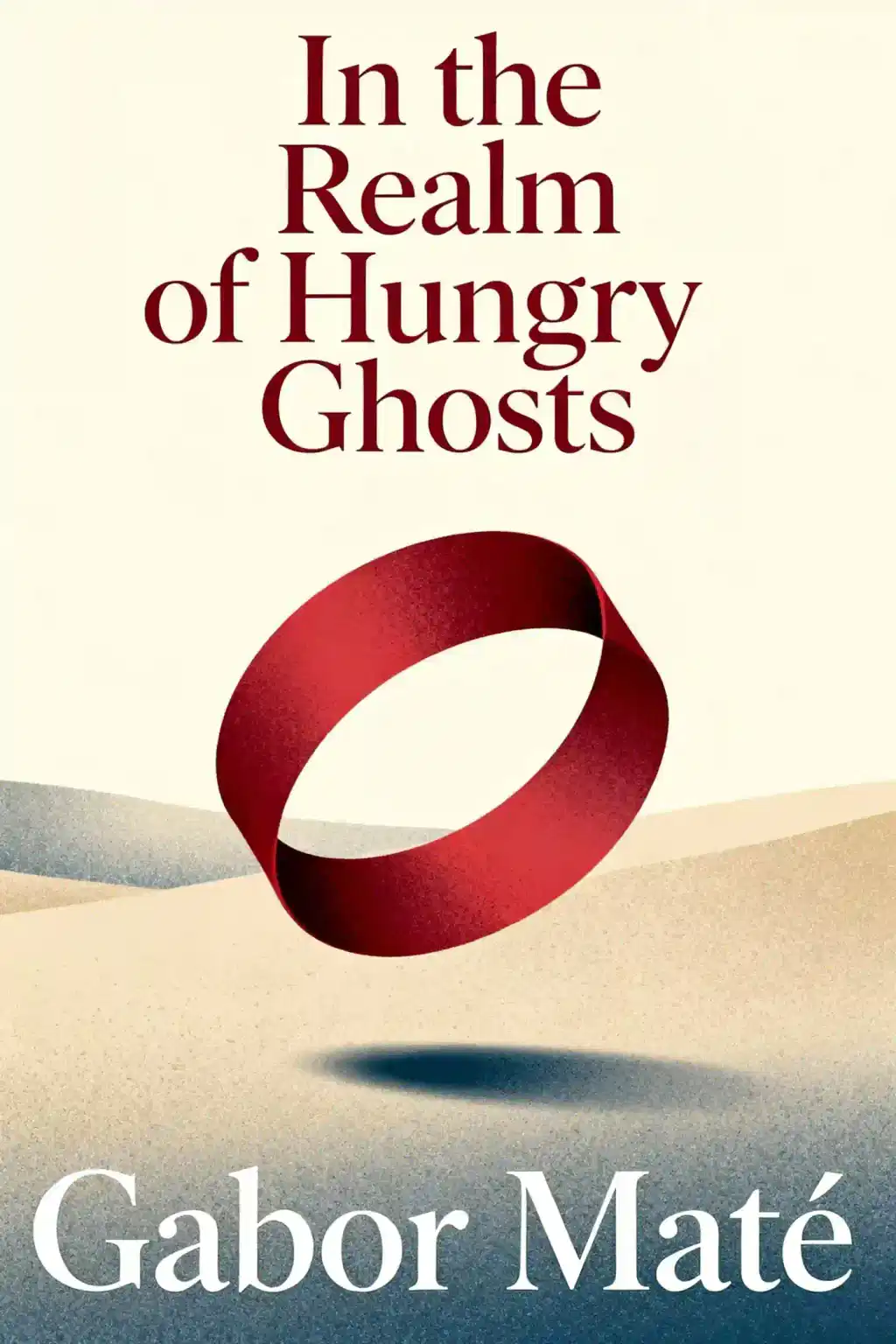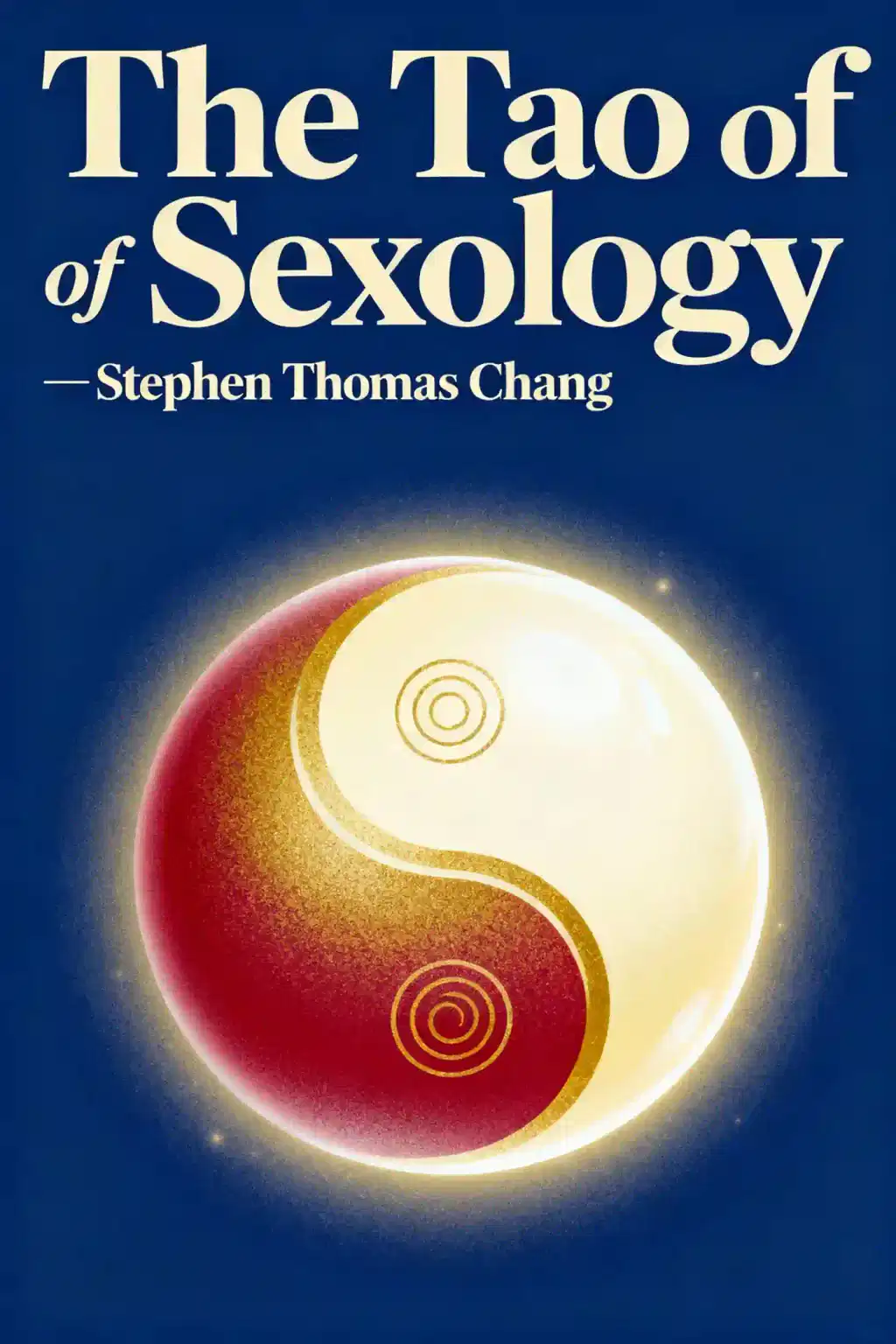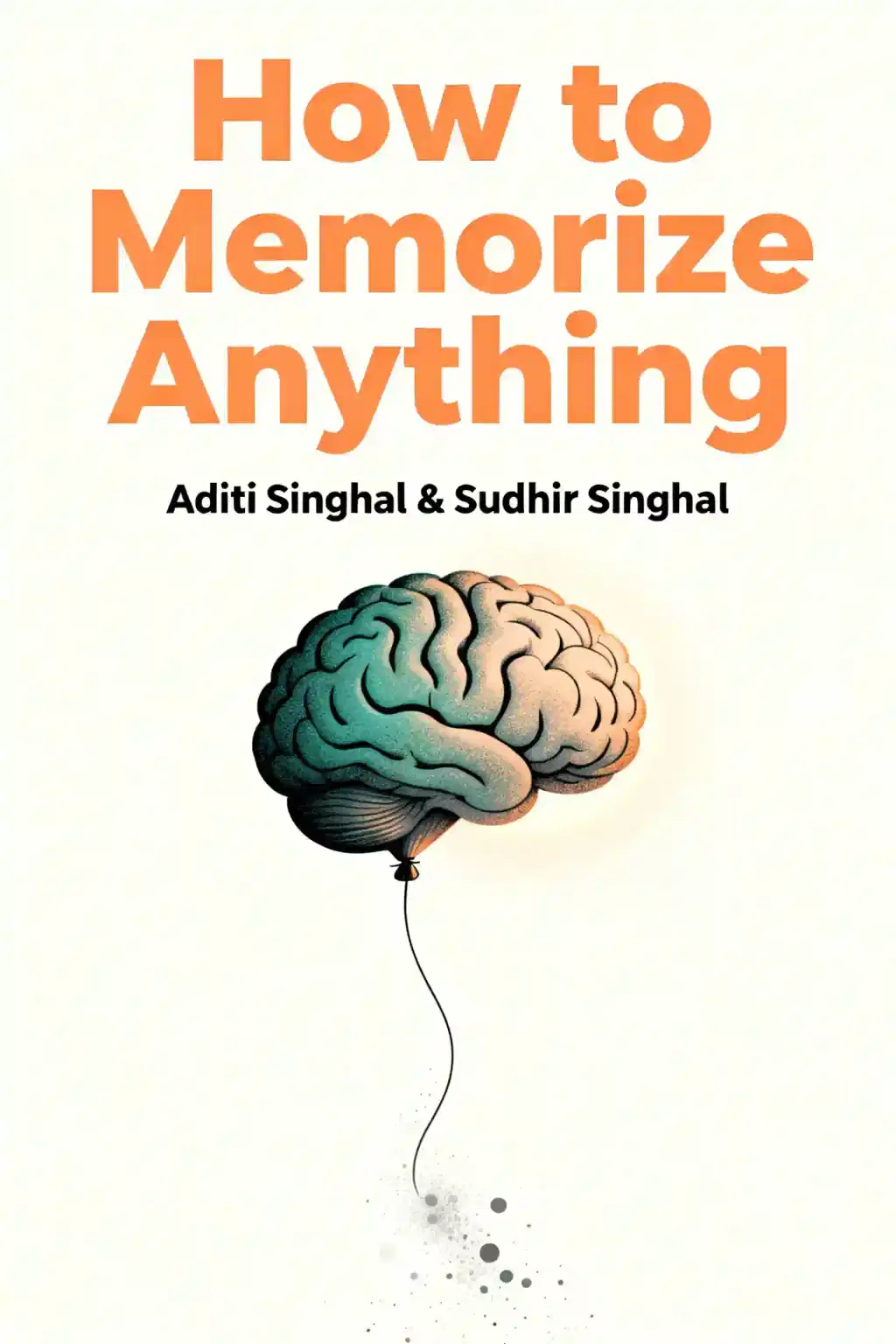What is
The Sober Truth by Lance Dodes about?
The Sober Truth critiques the scientific validity of 12-step programs like Alcoholics Anonymous (AA), arguing they have a 5–10% success rate—comparable to no treatment at all. Psychiatrist Dr. Lance Dodes analyzes decades of flawed research supporting AA and explores its rise despite poor outcomes, while advocating for evidence-based addiction treatments. The book blends data analysis with patient stories to challenge rehab industry norms.
Who should read
The Sober Truth by Lance Dodes?
This book is essential for individuals skeptical of traditional addiction treatments, healthcare professionals, or policymakers seeking evidence-based alternatives to 12-step programs. It’s also valuable for families affected by addiction and those interested in the psychology of compulsion, as Dodes ties addiction to overcoming helplessness. Critics of AA’s cultural dominance will find rigorous arguments against its efficacy.
What is the success rate of AA according to Lance Dodes?
Dodes cites peer-reviewed studies showing only 5–10% of AA participants achieve long-term sobriety, a rate he calls “statistically irrelevant”. He highlights that this figure is rarely disclosed by rehab centers or courts mandating AA attendance. Critics argue his analysis overlooks AA’s community support benefits, but Dodes emphasizes the lack of controlled trials proving effectiveness.
What are the main flaws in 12-step programs identified in
The Sober Truth?
Dodes identifies three core flaws:
- Poor scientific rigor: Many studies supporting AA lack control groups or suffer from selection bias.
- Religious undertones: AA’s origins in 1930s evangelical beliefs conflict with modern medical approaches.
- One-size-fits-all model: Programs ignore individual psychology, such as addiction as a response to helplessness.
What alternatives to AA does Lance Dodes propose?
Dodes advocates for personalized therapies addressing the root causes of addiction, particularly psychotherapy targeting emotional triggers like helplessness or trauma. He also supports medication-assisted treatments and harm-reduction strategies, arguing they yield better outcomes than forced 12-step participation.
What are key quotes from
The Sober Truth?
- “AA has become synonymous with recovery despite a 95% failure rate”.
- “Addiction is a compulsive response to overwhelming helplessness”.
- “The rehab industry survives on authority, not evidence”.
How credible is Lance Dodes as an addiction expert?
Dr. Dodes is a Harvard-trained psychiatrist, former director of addiction units at McLean Hospital, and author of peer-reviewed studies on compulsion theory. His 35+ years of clinical practice inform his critique, though some peers dispute his dismissal of AA’s non-medical benefits.
What are criticisms of
The Sober Truth?
Critics argue Dodes contradicts his own standards by promoting his compulsion theory without robust evidence. Others note he overlooks AA’s role in community support and conflates abstinence with broader definitions of recovery. His 5–8% success rate claim remains contentious, with some studies suggesting higher rates for engaged participants.
How does
The Sober Truth compare to other addiction books?
Unlike pro-AA books like The Big Book, Dodes’ work prioritizes empirical critique over personal anecdotes. It aligns with In the Realm of Hungry Ghosts by Gabor Maté in emphasizing trauma, but Dodes uniquely targets institutional failures in the rehab industry.
Why is
The Sober Truth relevant in 2025?
With opioid crises and court-mandated rehab rising, Dodes’ warnings about unscientific treatment remain urgent. The book fuels debates about decriminalizing addiction and funding therapies like cognitive behavioral therapy (CBT) over outdated 12-step models.
What does Lance Dodes say about AA’s cultural influence?
Dodes traces AA’s dominance to media portrayals and legal mandates rather than efficacy, comparing it to a “medical monopoly”. He argues its spiritual framework deters secular or science-based approaches, perpetuating low recovery rates.
How does Dodes explain addiction in
The Sober Truth?
He frames addiction as a psychological compulsion to counter feelings of helplessness, akin to obsessive behaviors. This contrasts with AA’s disease model, emphasizing that addiction stems from situational triggers, not irreversible biology.




